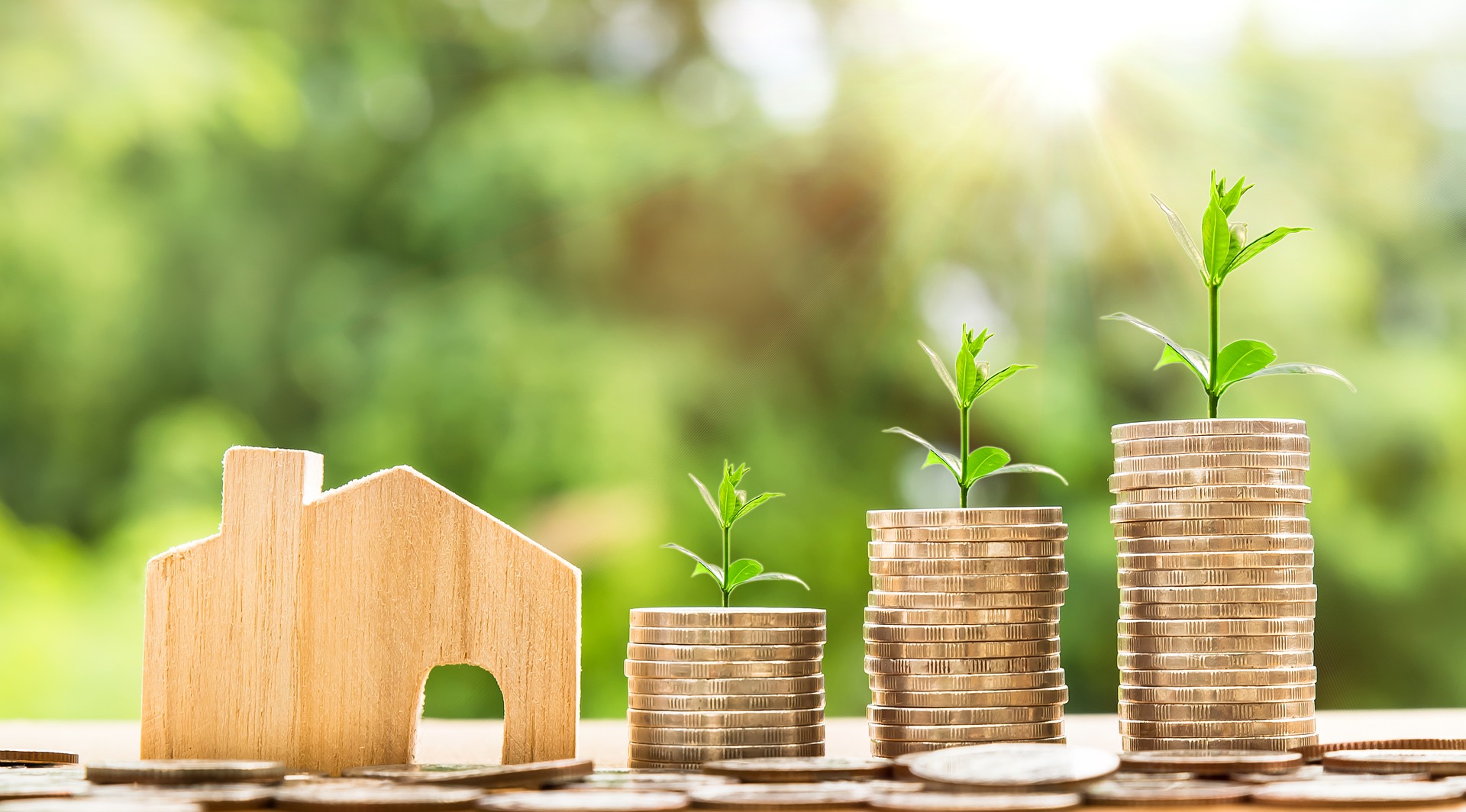For some people, owning a house is the fulfillment of the American dream. If you decide to purchase a home, it will probably be one of the biggest financial decisions you will make in your life. Therefore, it is important to consider the pros and cons of homeownership.
In this article, I review some reasons why you should or should not purchase a house. Additionally, I will discuss my opinion on why your home is not an investment.
Pros
Privacy
You have much more privacy when you own your own property. For example, this means you do not have a landlord coming around to inspect the property every so often. Additionally, you are not kept to certain standards of conduct like you may be in an apartment community.
Creative Control
Being a homeowner allows you to have more creative control of your property. For example, you can alter the building, make décor changes, and other renovations, to suit your needs and style.
Note, some communities have a homeowners association that may limit some of your creative control.
Some Predictable Costs
Assuming you purchase your house with a fixed mortgage, you know how much you owe every month for the duration of the loan.
In some ways, renters have more uncertainty because of potential annual changes to their rent costs.
Some Tax-Deductible Costs
In the United States, many homeowners qualify for a tax deduction. The property taxes and interest paid on the mortgage may be deductible if individuals or households qualify for itemized deductions.
Although the tax deduction is helpful, it should not be a factor for purchasing a house.
Cons
High Cost of Homeownership
On average, you can expect to pay more for housing during the first several years as a homeowner than as a renter. This assumption includes paying property taxes, homeowners insurance, and upkeep expenses.
Additionally, if you decide to put a down payment on a home, it may be a burden on your finances. Sometimes it is better to use that money for other goals such as investing or building up your emergency savings.
Decreased Mobility
Depending on the local real estate market, you may not be able to sell your home easily. If you are in a hurry, selling your home may be a daunting experience. If you anticipate relocating in the near future, buying a house may not make sense for you.
If you live in a rental property, you are able to leave without penalty at the end of your contract.
Maintenance Costs
If you are a homeowner, you are responsible for all maintenance. This can include inexpensive repairs like fixing a broken toilet to complex and costly repairs like replacing a furnace or replacing a roof. Therefore, you have to have ample emergency savings to cover these costs at a moment’s notice.
If you live in a rental property, the landlord is responsible for all of these costs. Note, you may be liable for extreme wear and tear once you leave the rented property.
Why Your Home Is Not an Investment
As a financial advisor, I often hear people talk about buying a house because it is an “investment”. I strongly believe that this should not be a consideration when purchasing your home.
Based on this definition, a house can only be an investment if you never plan to live in it. For example, a house can be an investment if you purchase a property with the intention of flipping it for a quick profit. Also, it can be an investment if you purchase a house with the intention of generating rental income.
If you agree with this strict definition, then your home cannot be an investment. Instead, you should view your living situation as a financial or lifestyle choice. If you think about it, most people make these types of choices on a day-to-day basis. For example, you might choose to buy higher-quality clothing that costs more now but saves you money over the long term because it lasts longer. Intuitively, this is a good financial decision. However, it certainly is not an investment as there is no expectation of income or profit.
Additionally, even if an asset appreciates in value, as some houses in desirables areas do, it does not mean it is an investment. In my opinion, an investment should have two more qualities. First, you must intend to sell the asset at some point in the future. This is because profits are only real when you actually sell them and realize a profit. Second, the asset should be liquid and be able to be sold easily. Depending on the housing market, you may not be able to sell your home quickly. Since the average person decides to purchase or sell their house based on practical circumstances, their home should not be considered an investment.
In conclusion, a house can be an investment in only a few circumstances. Whereas, your home is a financial and lifestyle choice that may or may not be a good decision depending on your situation.
Final Thoughts
Purchasing a house is a big deal. In my opinion, people rush into home ownership because it is as a sign of adulthood and financial responsibility. If someone is in the market for a house, they should only consider the pros and cons of homeownership based on their financial and lifestyle situation. Although the value of a house can go up in value, I would not consider your home an investment in the decision-making process.
Because purchasing a house is complex, I recommend you speak with a team of financial professionals for additional guidance.


